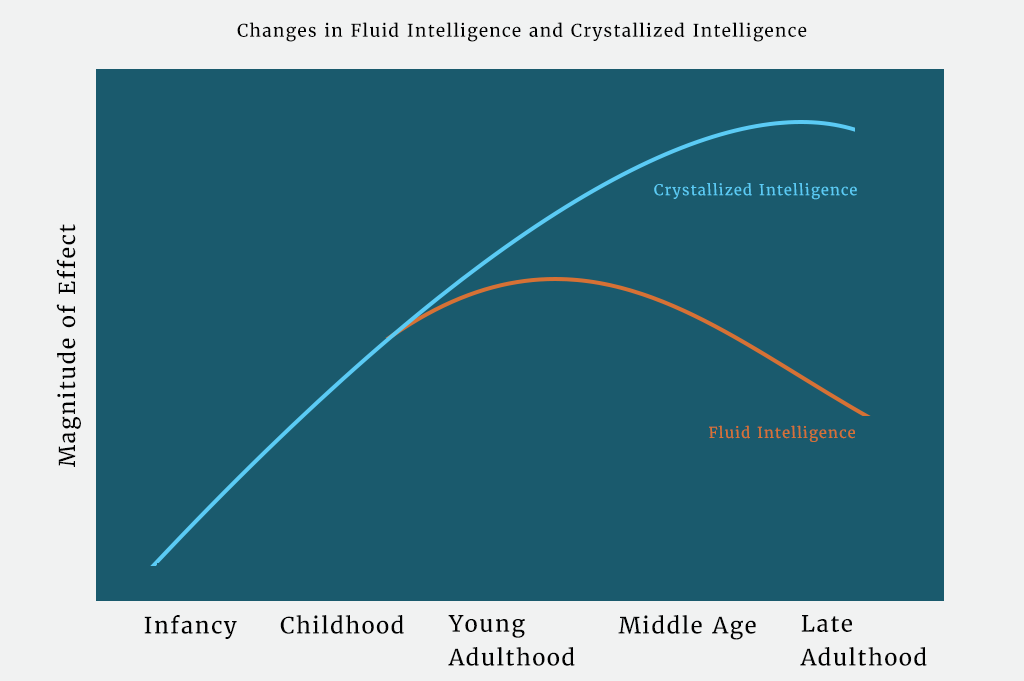What will success mean in the next part of your life?
This very existential question has been on the minds of many Lifeshiift members, as expressed on their sign-ups. Some exciting findings and ideas have come forward in exploring this topic, suggesting that the best is yet to come.
Much of the material for this blog is taken from the new book Strength to Strength by Artur Brooks, which has some great ideas about how to be successful and happy in your third act. There is some very new thinking in some ways, but it harkens back to Maslow and his Hierarchy of Needs in other ways.
New Vision of Aging
This is a new way to look at the aging process, which has often been visualized as an arc starting at birth and moving upward into middle age and then moving down from there. This visual suggests that everything will decline with age and that the best years are in the past. Brooks talks about aging being shown as a spiral, not an arc, with our wisdom growing and changing as we age. While some parts of our abilities will diminish, others will flourish.
An essential part of this new approach is understanding that happiness is a combination of purpose, satisfaction, and enjoyment. All three of these elements are not necessarily governed by age. The ability to pursue a purpose that brings satisfaction and enjoyment is often enhanced with age as the need to accumulate things and support a family decreases.
Two Kinds of Intelligence

Part of the old way of thinking about aging has to do with the two kinds of intelligence that Brooks identifies. These are:
- Fluid intelligence which we use to solve novel problems or learn new tasks quickly. Think of it as our speed of processing. Fluid intelligence increases into our forties and then decreases as we get older. Think about your ability to learn a new computer program. Fluid intelligence is the arc which is thought of as aging.
- Crystallized intelligence is the ability to use memory to problem solve, so it may not be as fast as fluid intelligence but can be more comprehensive. This is also the intelligence for becoming a better teacher and asking better questions. In some ways, it can be considered wisdom. Think about the times that you have remembered a solution to one problem and applied that successfully in a new situation. Crystalized intelligence actually increases with age and so becomes stronger over time.
The trick to finding purpose and joy in this stage of your life is to let go of the need to cling to and further develop fluid intelligence. Instead, recognizing and expanding your crystallized intelligence will come to you with ease. This will ensure that you stop regretting the things that you used to do so well and enjoy what will come naturally.
Maslow Was Right
If you have ever taken a psychology course in the past or even a business course on motivations, you will notice that this looks a lot like Maslow’s Hierarchy of Needs. Crystalized intelligence can lead directly to self-actualization, as defined by Maslow. This is the level where your basic (food/safety) and psychological needs (love/belonging/esteem) are met, and you go on to fulfillment by transcending self. It is a time to reach your full potential by pursuing your inner talents.
Is now the time for you to jump from your declining fluid intelligence and embrace your crystalized intelligence? Will that bring you closer to Maslow’s self-actualized state? Let me know your thoughts on these concepts in the comments below.







